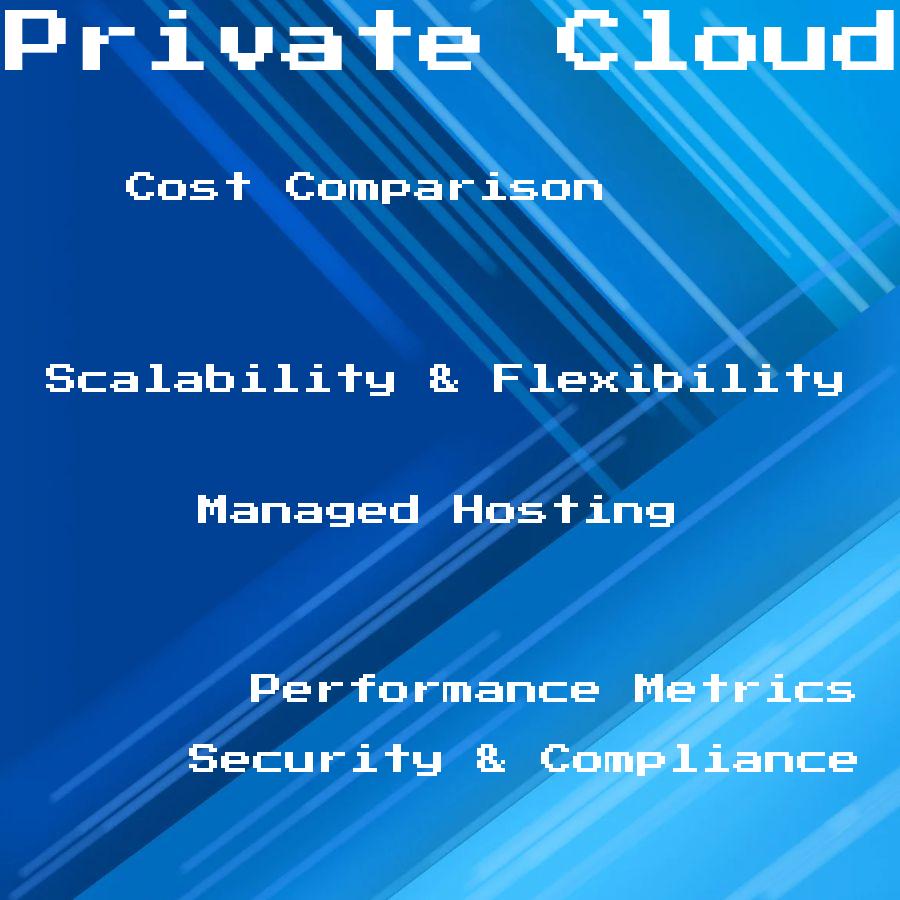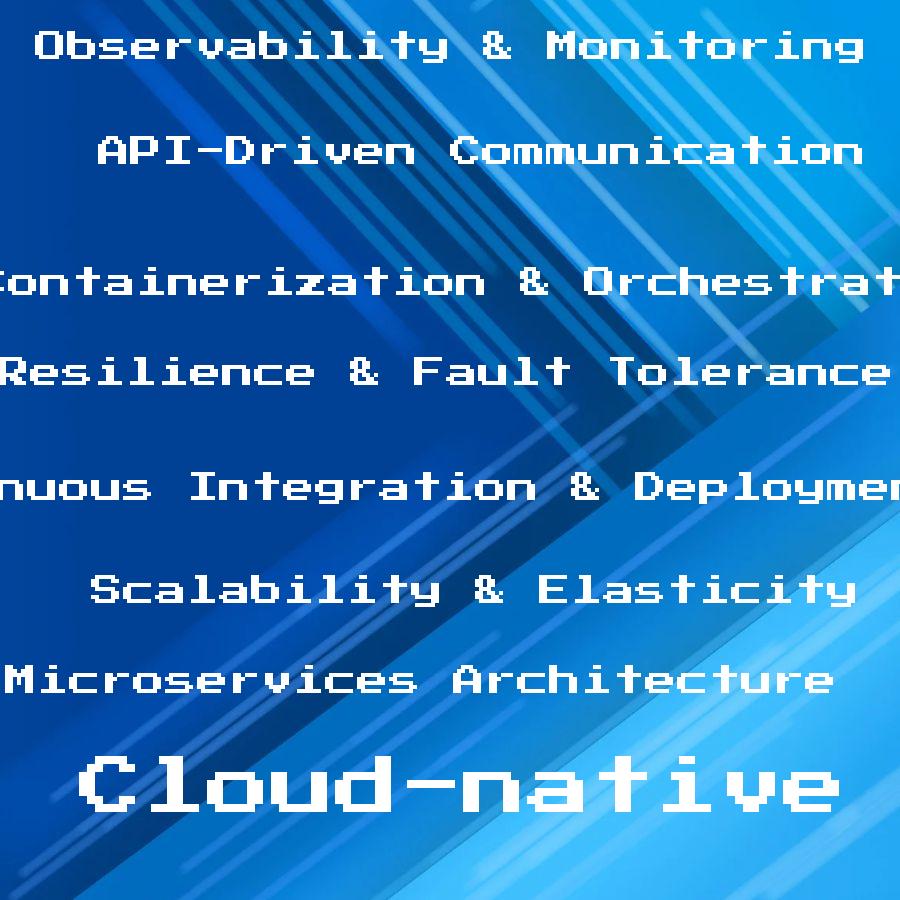Cloud servers are virtual servers hosted on a cloud computing platform, such as Amazon Web Services (AWS), Microsoft Azure, or Google Cloud Platform.
Cloud servers are a type of virtual server that runs on a cloud computing platform. They are typically hosted on the Internet and provide users with access to applications, data storage, and other services.
Cloud servers offer many advantages over traditional physical servers, including scalability, cost savings, and increased security. In this blog post, we’ll take a look at some of the most popular cloud server examples available today.
Amazon Web Services

AWS allows businesses to access these services on demand without having to purchase or maintain their own physical servers. With AWS, businesses can quickly scale up or down depending on their needs.
For example, if a business needs additional storage space for data they can easily add it through the AWS platform. AWS offers various security features such as encryption and identity management which help protect customer data from unauthorized access.
Amazon Web Services also provides customers with cost-effective pricing models so they can pay only for the resources they use.
Microsoft Azure
It provides a range of services, including virtual machines, storage, databases, analytics and more. With Azure, businesses can quickly deploy and manage applications in the cloud without having to worry about hardware or software setup.
Azure also offers scalability so that businesses can easily scale up or down depending on their needs. It provides security features such as encryption and authentication to keep data safe from unauthorized access.
It has an intuitive user interface which makes it easy for users to manage their resources in the cloud.
Google Cloud Platform
It provides a range of services, including compute, storage, networking, and analytics. With Google Cloud Platform, businesses can build applications and store data in the cloud using Google’s powerful infrastructure.
This allows them to access their data from anywhere in the world with an internet connection. The platform also offers tools for developers to create applications quickly and easily without having to manage hardware or software themselves.
It provides security features such as encryption and authentication that help protect customer data from unauthorized access or malicious attacks.
Rackspace Cloud Servers
These servers can be used for a variety of purposes, such as hosting websites, running applications, and storing data. The main benefit of using Rackspace Cloud Servers is that they provide users with the flexibility to scale their resources up or down depending on their needs.
This means that if more power is needed for an application or website, additional resources can be added quickly and easily without having to purchase new hardware or software. Rackspace Cloud Servers offer high levels of security and reliability due to their use of advanced technologies like firewalls and encryption protocols.
These servers are cost-effective since they only require payment for the resources used rather than paying upfront for hardware or software licenses.
DigitalOcean Droplets
They are easy to set up and manage, making them an ideal choice for businesses of all sizes. DigitalOcean Droplets offer a range of features such as high-performance SSD storage, unlimited bandwidth, pre-configured images for popular applications like WordPress or Magento, and the ability to scale resources on demand.
They come with 24/7 customer support so you can get help whenever you need it. With DigitalOcean Droplets you can quickly deploy your projects in the cloud without any hassle or worry about server maintenance.
Heroku Dynos
They are designed to be easy to use and require minimal setup. Heroku Dynos allow users to quickly launch web apps without having to worry about the underlying infrastructure or server configuration.
With a few clicks of the mouse, developers can have their application up and running in no time. Heroku Dynos offer several advantages over traditional hosting solutions such as scalability, reliability, security, and cost-effectiveness.
The platform is highly scalable so it can easily handle sudden spikes in traffic or usage without any disruption in service. It also provides reliable uptime with its built-in redundancy features which ensure that your app will always be available when needed.
Heroku offers secure data storage with its encryption technology which helps protect user data from unauthorized access or theft. Heroku’s pricing model is very cost-effective compared to other hosting solutions since you only pay for what you use instead of paying for an entire server upfront regardless of usage levels.
IBM SoftLayer
It offers a wide range of services, including virtual servers, storage, networking, security and more. With IBM SoftLayer, businesses can scale up or down as needed without having to purchase additional hardware or software.
The platform also allows for easy integration with other systems such as databases and web hosting solutions. IBM SoftLayer provides users with access to advanced analytics tools that allow them to monitor performance and usage of their applications in real-time.




